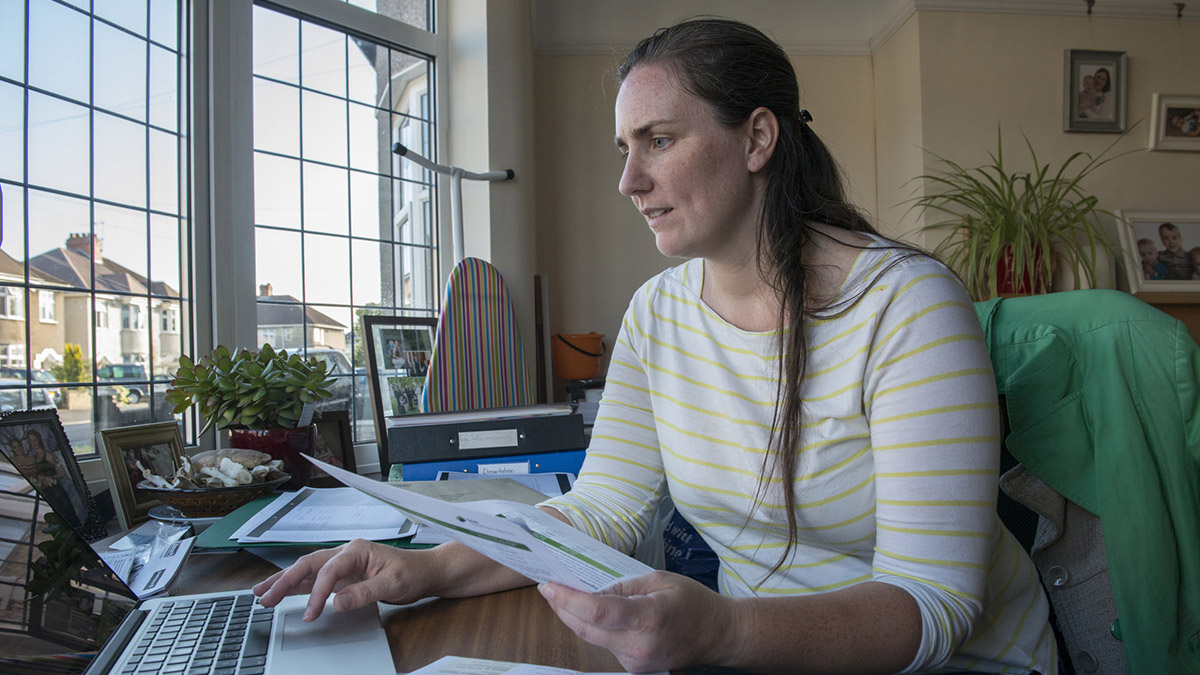The Supreme Court has just given judgment in the case of Samuels v Birmingham City Council, where the court was asked to consider whether a home should have been considered affordable where the housing benefit did not meet the full rent.
This is an important test case, in which Shelter intervened. It will have major implications for local authority homelessness services and put further pressure on the government to increase Local Housing Allowance (LHA) rates back to the bottom third of rents. This is what they were originally intended to cover before the four-year freeze was implemented in 2016.
The case
This case dates back to 2011, when Ms Samuels applied to Birmingham City Council for homelessness assistance. She had been evicted from her privately rented home after she fell into arrears, because she had a shortfall of £150 between her rent and her LHA.
The council found that she had become ‘intentionally homeless,’ as they said she could have used her non-housing benefits (Income Support, Child Benefit and Child Tax Credit) to pay the shortfall. However, the benefits she was receiving are intended to cover only essential living costs for parents and their children, rather than make up shortfalls between housing benefit and rent.
Shelter joined the Child Poverty Action Group in intervening to ask the Supreme Court to consider the issues in Ms Samuels’ case against the wider background of changes in housing law and welfare policy since 2011, in which ‘shortfalls between contractual rent and maximum levels of housing benefit have become common’. You can read more detail about those issues in our previous blog on this case.
As a result of cuts to the LHA rates and rising rents, the LHA does not cover the cost of renting a two bedroom home in the bottom third of local markets in 97% of areas in England. Our evidence also showed that local authorities currently have widely varying practice on how they approach this problem when assessing whether a property is ‘affordable,’ and many authorities will consider it reasonable for someone to dip into their subsistence benefits in order to make up shortfalls between housing benefit and rent.
The judgment
The Supreme Court unanimously found in favour of Ms Samuels. The judgment states that ‘benefit levels are not generally designed to provide a surplus above subsistence needs for the family.’ The council’s finding that Ms Samuels had become intentionally homeless was quashed and the Court expressed the hope that the council would now accept a duty to house Ms Samuels and her family.
The judgment also notes the problems regarding guidance issued to local authorities on assessing affordability. Given the lack of consistency between housing authorities on how they judge what is ‘affordable’, and a shortage of reliable guidance on what are reasonable living expenses, the judgment calls on the Government to take steps to clarify their guidance.
The principles used to decide Ms Samuels case will now apply to all families who have become homeless or are facing homelessness because of shortfalls between their LHA and their rent. They should not be expected to make impossible decisions between paying their rent and feeding their families to make up the shortfall. An assessment of their reasonable living costs should not depend on the individual view of a housing officer. A key way to address this is for government to ensure that LHA rates cover housing costs by lifting them to cover at least the bottom third of local rents.
At Shelter we will now be working to highlight the impossibility of finding appropriate accommodation when there is not enough social housing and LHA rates do not cover private rents. We will be urging the Government to clarify in its guidance that non-housing benefits should not be expected to make up for shortfalls between dwindling LHA rates and high rents.
Ultimately we will continue to push the government to respond to our campaign to increase the shockingly low LHA rates, which right now are causing poverty, debt and homelessness across the country.

